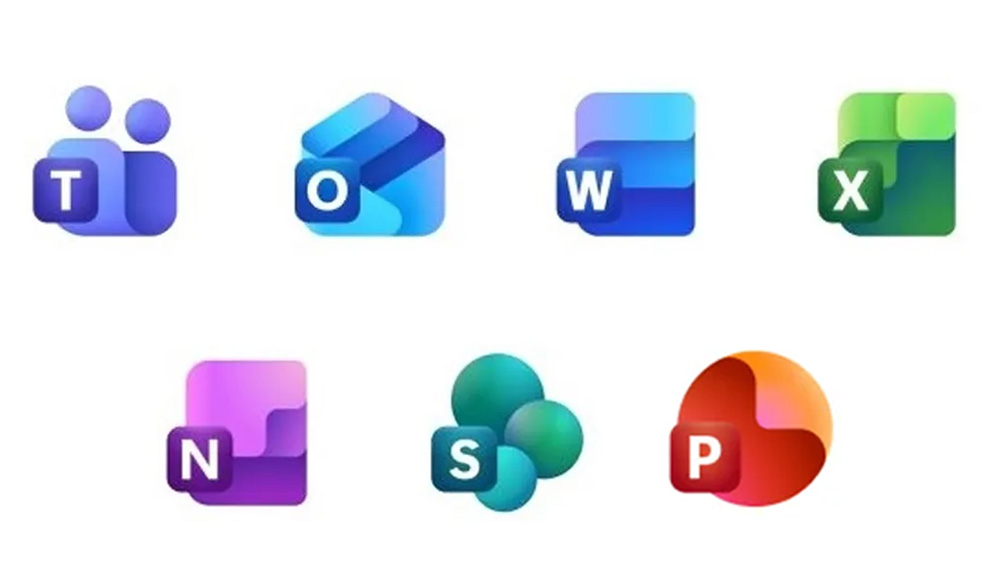Former OpenAI Employees Support Musk's Lawsuit to Preserve Non-Profit Status

By Anna Tong
SAN FRANCISCO (Reuters) - In a significant legal development, a group of a dozen former employees of OpenAI submitted a legal brief on Friday, expressing their support for co-founder Elon Musk's ongoing lawsuit aimed at preserving the organizations non-profit status. This legal action marks a pivotal moment in the ongoing dispute surrounding the future direction of the artificial intelligence (AI) firm.
The core of this contention lies in the desires of corporate leaders within OpenAI to shift control to investors. This proposed change has raised numerous concerns, leading Musk and other allies to argue that the business interests should take a backseat to the humanitarian goals that originally guided OpenAIs establishment.
Last year, Musk, who is also at the helm of the electric vehicle company Tesla, initiated legal proceedings against OpenAI and its current CEO, Sam Altman. He accused the organization of deviating from its foundational mission: to develop AI technology for the benefit of humanity, rather than for the pursuit of corporate profits. In response, both OpenAI and Altman have categorically denied Musk's allegations.
In their recent federal court filing, the former employees expressed concerns that removing the nonprofits controlling influence would fundamentally violate the mission of OpenAI. They stressed that such a shift would diminish oversight of the for-profit AI development entity, leading to potential conflicts of interest and a mission drift.
These former OpenAI staff members, many of whom held technical and leadership positions within the company, argued that the nonprofits governance was vital to the overall strategic direction of OpenAI. They recalled how during their tenure, OpenAI executives consistently conveyed the significance of the nonprofit structure in executing the organizations mission. The mission-driven ethos was also pivotal in recruitment, as many employees were drawn to the company due to its commitment to social good.
On the other hand, OpenAI has contended that transitioning away from its nonprofit governance is necessary to attract substantial investment. The organization asserts that while the nonprofit will still hold a stake in OpenAI, this restructuring is crucial for raising capital that will ultimately fund the nonprofit's mission. The company emphasized that this shift would enrich the nonprofit with robust resources needed for its objectives.
In an official statement, OpenAI reassured stakeholders, saying, Our Board has been very clear: our nonprofit isnt going anywhere and our mission will remain the same. This statement aims to quell fears that the company is abandoning its foundational principles as it navigates the evolving landscape of AI development.
Notably, Musk and Altman co-founded OpenAI in 2015, but Musk departed from the organization before it rose to prominence in the tech world. His opposition to the proposed structural changes has fueled the current lawsuit, with a jury trial set to commence in the spring of the next year.
Adding another layer to this complex situation, Musk recently established his own AI venture, xAI, in 2023. Altman has alleged that Musk has been attempting to undermine OpenAI by slowing down a competitor, raising questions about the competitive dynamics in the rapidly advancing AI sector.
Amidst these developments, OpenAI is also facing significant pressure from investors to finalize its structural changes. To secure a substantial $40 billion fundraising round, the company must successfully complete its transition by the end of this calendar year. This deadline adds urgency to the ongoing legal battles and the internal discussions regarding the future direction of OpenAI.
(Reporting by Anna Tong in San Francisco; editing by Diane Craft)























